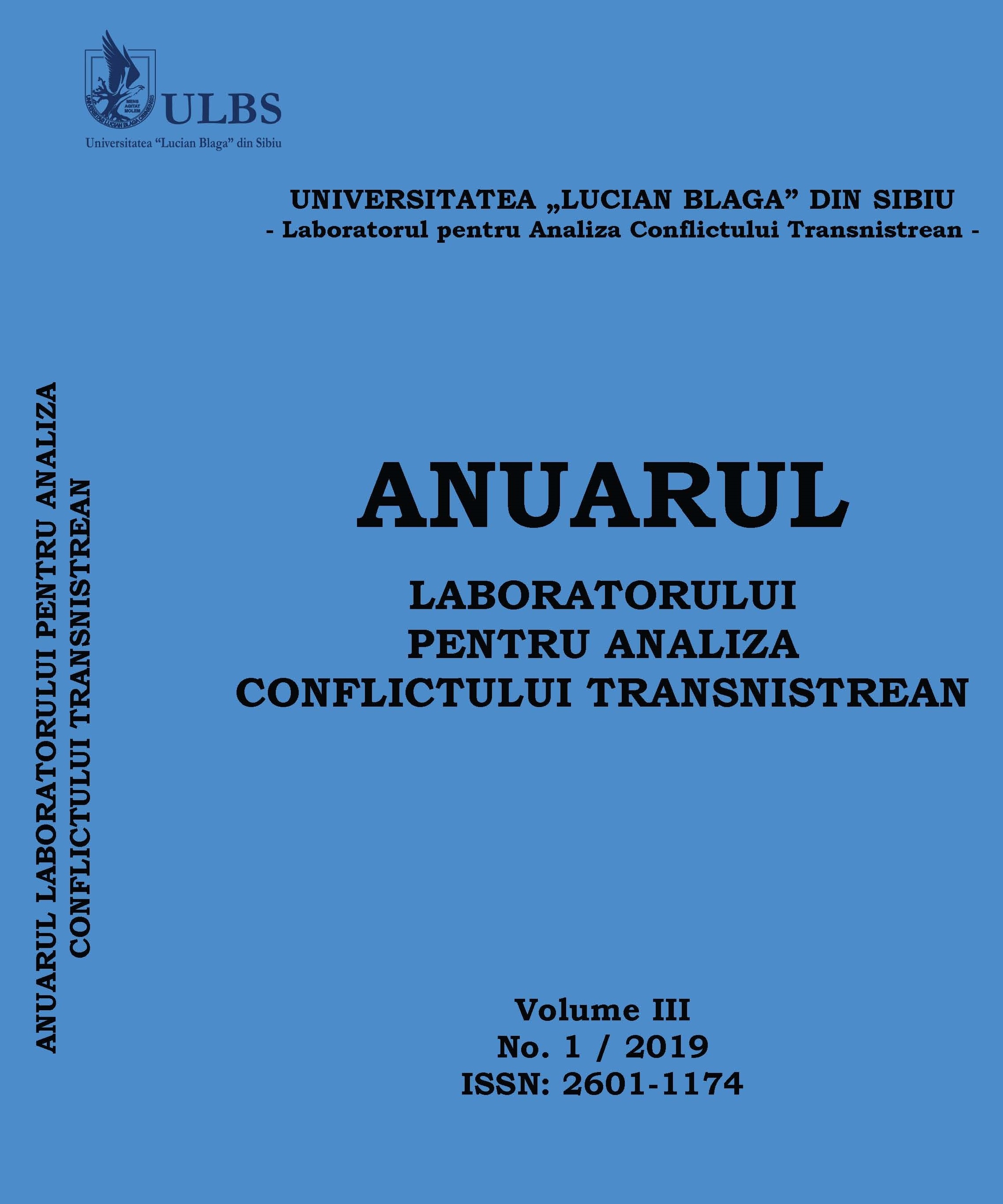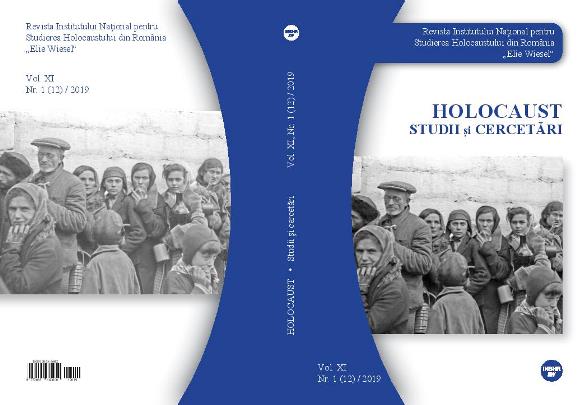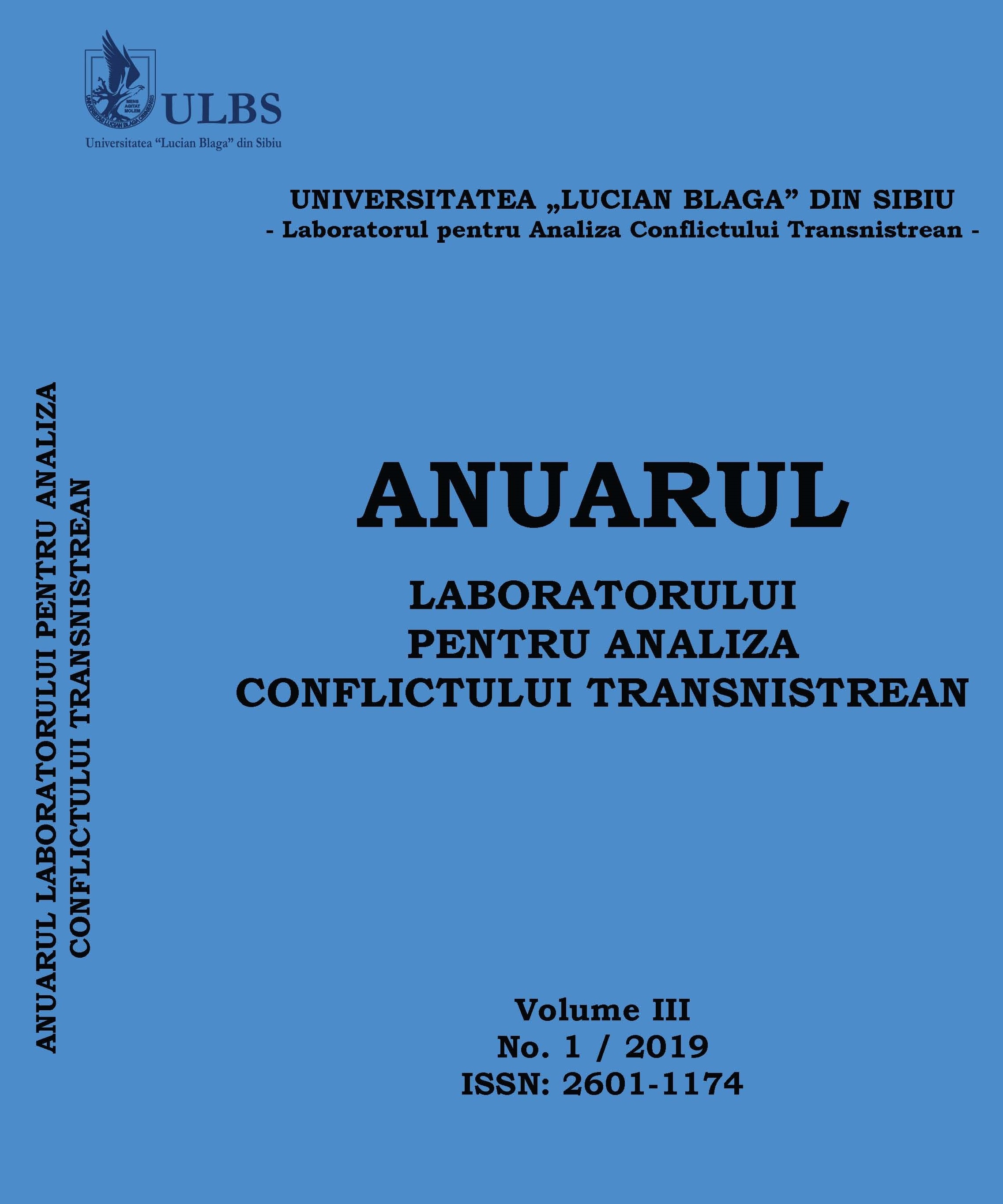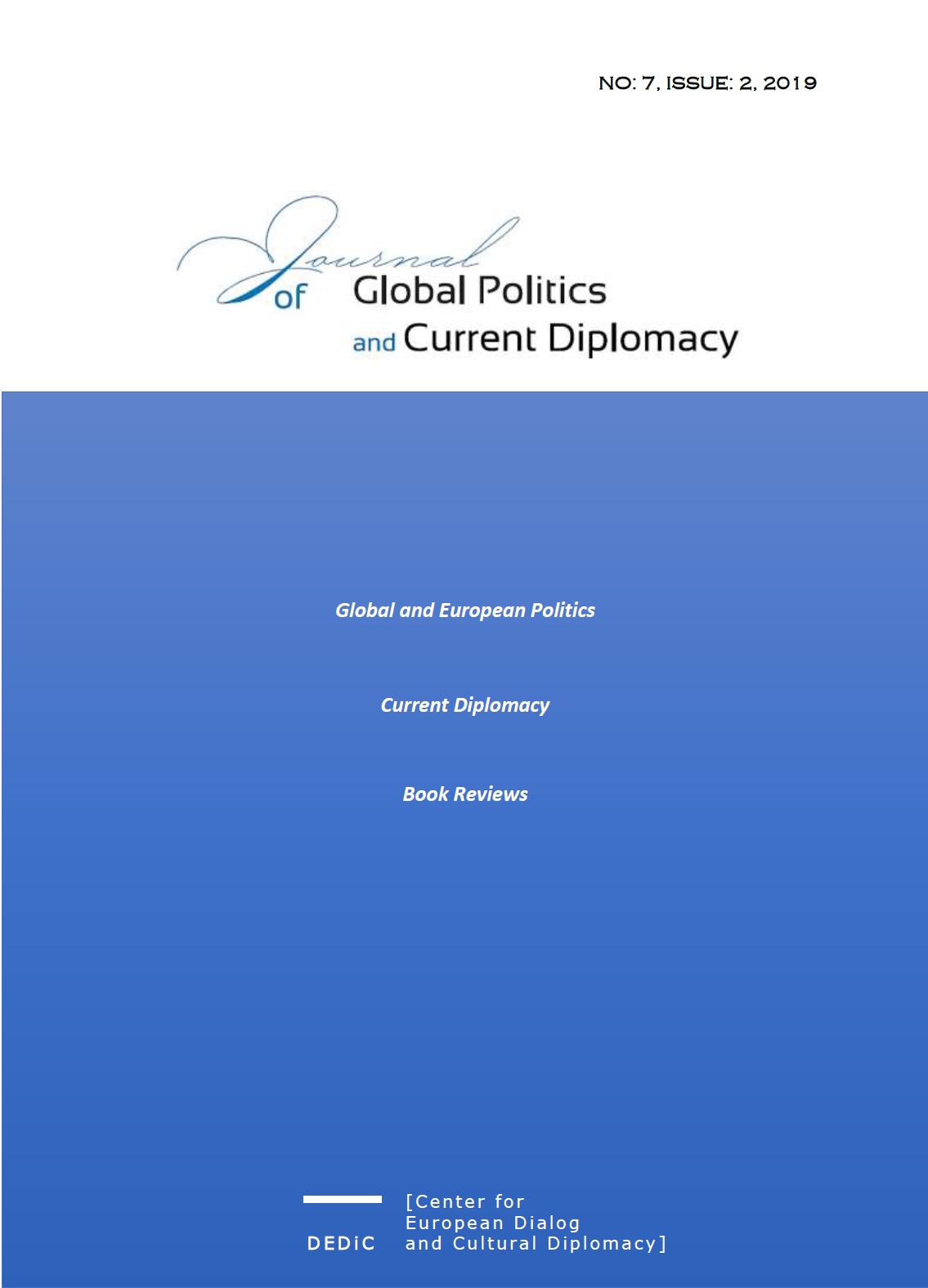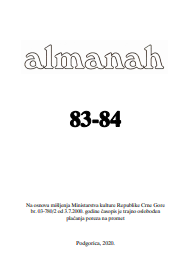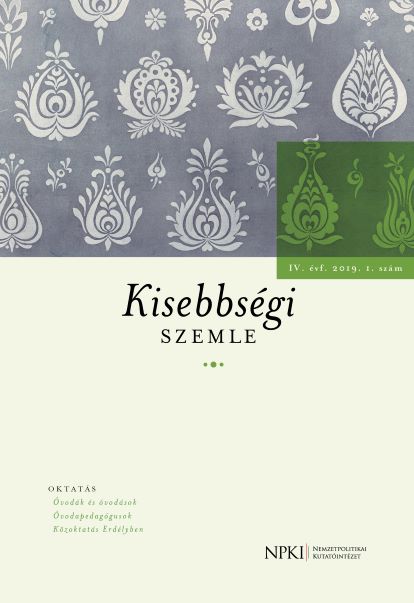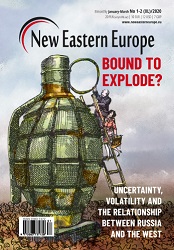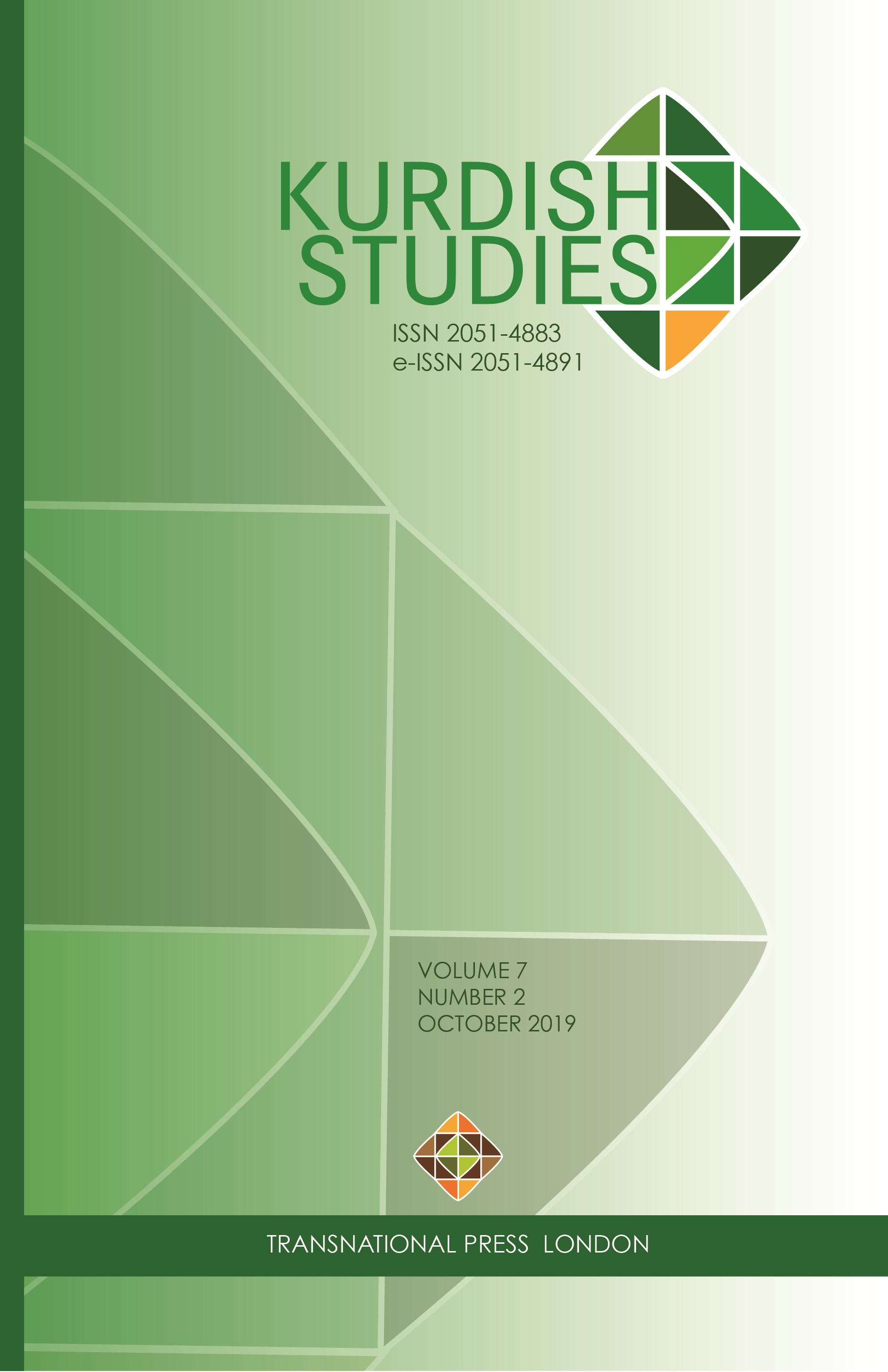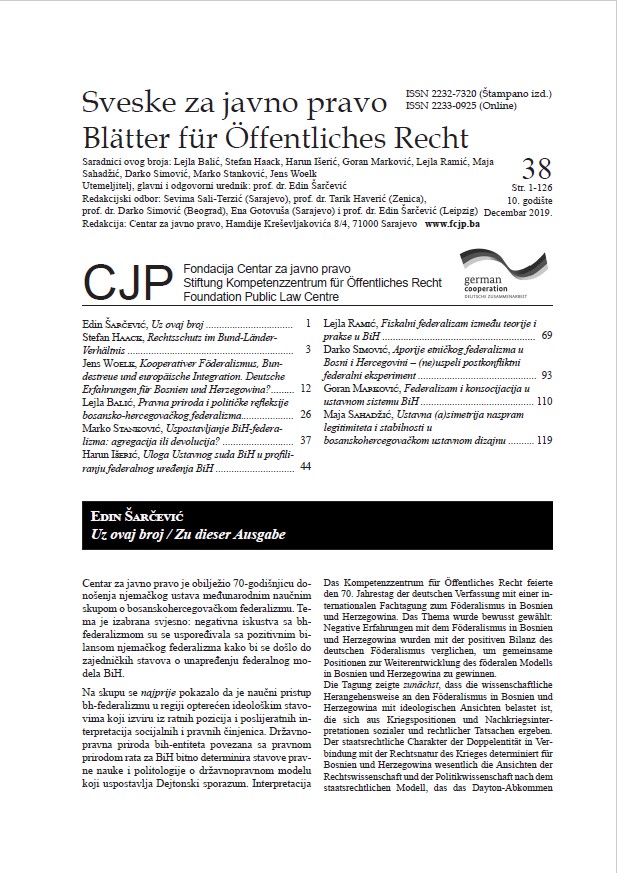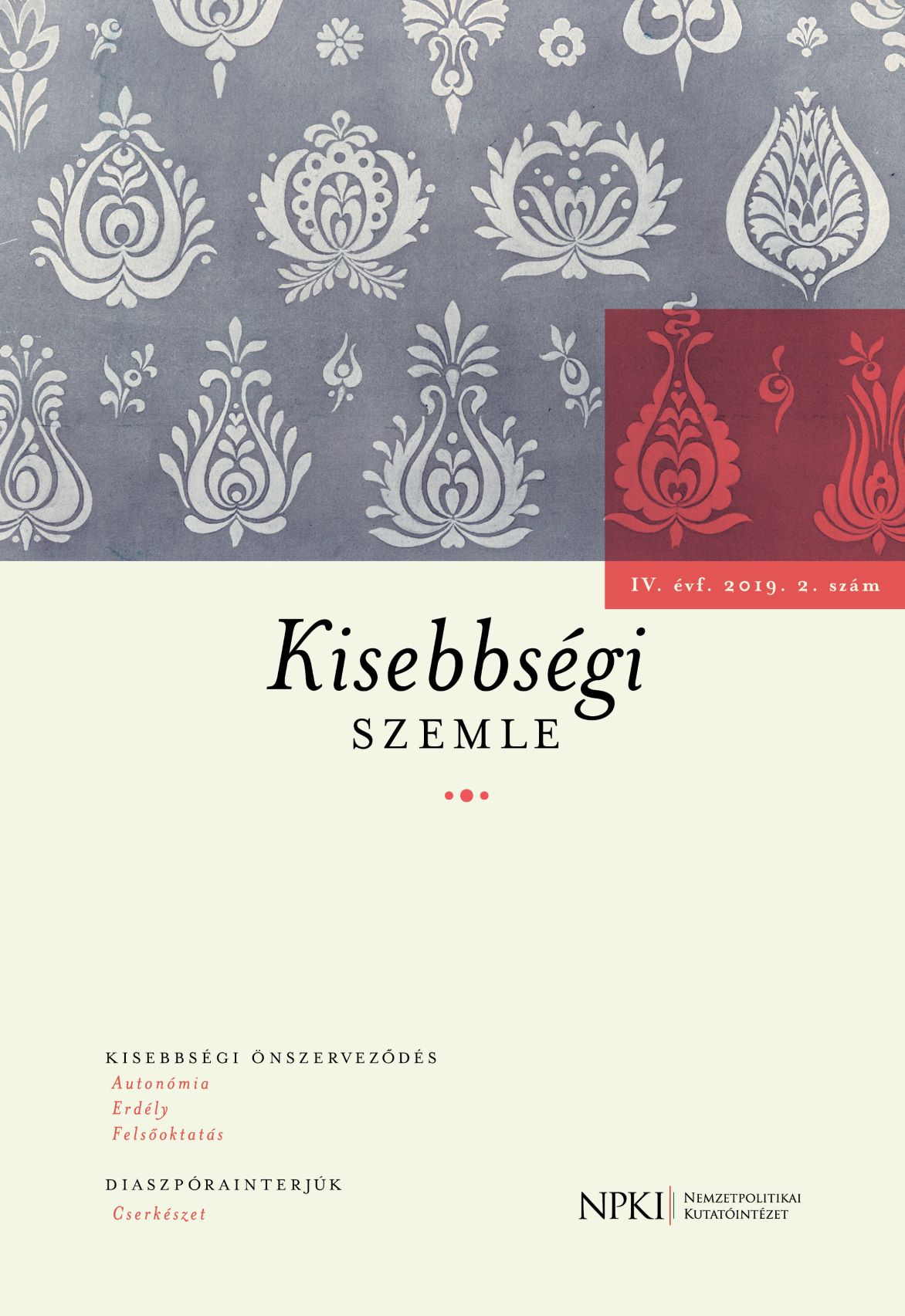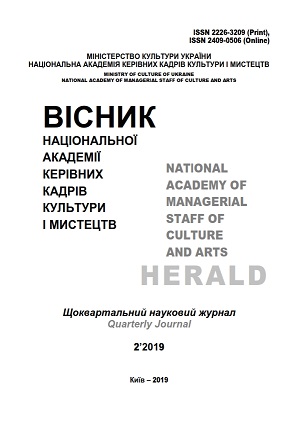
Політичні та Етнокультурні передумови автономістських рухів у православній церкві Бессарабії (ХIХ – поч. ХХ ст.)
The purpose of the article is to reconstruct the advancing process of the ethnopolitical and ethnocultural prerequisites of the autonomy of the Orthodox Church in Bessarabia in XIX-early XX century and attempts of their implementation. Methodology. The research is based on the principle of methodological synthesis. It provides the consolidation of the instrumental findings of famous scientific schools, in particular, the civilization approach to the analysis of the historical process and the methods of social and anthropological history along with the mentality discourse. That has enabled to take account of the features of stage development of state and religious institutes, the extent of civilization likeness of states and peoples, possibilities of their cultural and religious self-identification in the polyethnic society. The scientific novelty is in finding out the conceptual approaches to the interpretation of the history of the Orthodox Church in Bessarabia in XIX-early XX century, determining the dominant factors of the development of the national and foreign models of Orthodoxy, substantiating the fact that there were necessary ethnocultural prerequisites for beginning of the autonomy process in the country in the early XXth century. Conclusions. In spite of over hundred-year Russian colonization and serial russification of Orthodox Church in Bessarabia, it preserved ethnocultural and ethnoreligious principles of national identity. Russian bourgeois-democratic revolutions naturally aroused not only the country autonomy movement but also autocephalous one violently ceased by Romanian conquest of Bessarabia.
More...
